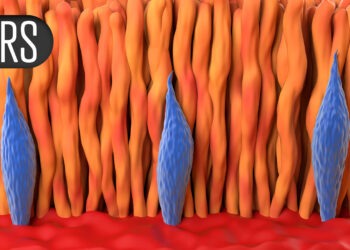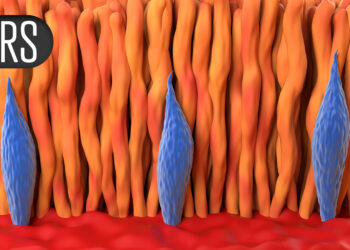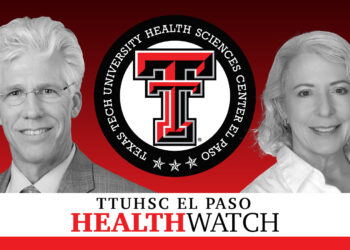TOPLINE:
Rizatriptan at 10 mg showed no significant benefit over placebo in alleviating vertigo or unsteadiness/dizziness at 1 hour in adults with vestibular migraine in a new trial. The drug showed limited benefits for unsteadiness/dizziness and motion sensitivity at 24 hours with medium effect sizes.
METHODOLOGY:
- This double-blind randomized clinical trial conducted from 2014 to 2020 at two tertiary neurotologic centers included 222 adults with vestibular migraine (mean age, 42.3 years; 71% women).
- After a prospective observation phase to confirm diagnosis, participants were randomly assigned (2:1) to receive 10 mg rizatriptan or placebo to treat up to three vestibular migraine attacks per participant with a single oral dose.
- The primary outcome measure was the percentage of treated attacks with vertigo and unsteadiness/dizziness alleviated from moderate or severe to absent or mild at 1 hour.
- Secondary outcomes included the complete resolution of vestibular symptoms and alleviation of headache and associated symptoms at 1 hour, use of rescue medications after 1 hour, alleviation of symptoms at 24 hours, treatment satisfaction and adverse effects at 48 hours.
TAKEAWAY:
- The analysis of 240 attacks with moderate or severe vestibular symptoms showed that rizatriptan did not outperform placebo for vertigo (odds ratio [OR], 0.69; 95% CI, 0.33-1.46) or unsteadiness/dizziness (OR, 1.86; 95% CI, 0.75-4.62) at 1 hour.
- The use of rescue medication was identical at 26.4% between groups, with rizatriptan showing medium effects over placebo for unsteadiness/dizziness (OR, 2.65; 95% CI, 1.04-6.79), photophobia or phonophobia (OR, 2.77; 95% CI, 1.00-7.77), and motion sensitivity (OR, 3.58; 95% CI, 1.44-8.88) at 24 hours.
- Treatment satisfaction and quality-of-life outcomes at 48 hours showed mixed results.
- Adverse events were not significantly different between groups. No serious adverse events were reported.
IN PRACTICE:
“Results of this study do not support routine use of rizatriptan to treat vestibular migraine attacks. It was not efficacious for any symptoms at 1 hour and demonstrated no effects on vertigo,” the investigators wrote.
SOURCE:
The study was led by Jeffrey P. Staab, MD, MS, Mayo Clinic, Rochester, Minnesota. It was published online on May 12 in JAMA Neurology.
LIMITATIONS:
The findings were not generalizable to community or primary care settings. The cohort represented a small subset of referred patients who met strict diagnostic criteria, excluding those with probable vestibular migraine.
DISCLOSURES:
This study was funded by the National Institute of Deafness and Other Communication Disorders. One investigator reported receiving royalties for co-authoring a chapter on vestibular migraine for UpToDate.
This article was created using several editorial tools, including AI, as part of the process. Human editors reviewed this content before publication.
Source link : https://www.medscape.com/viewarticle/rizatriptan-disappoints-acute-vestibular-migraine-2025a1000d74?src=rss
Author :
Publish date : 2025-05-26 10:42:00
Copyright for syndicated content belongs to the linked Source.














